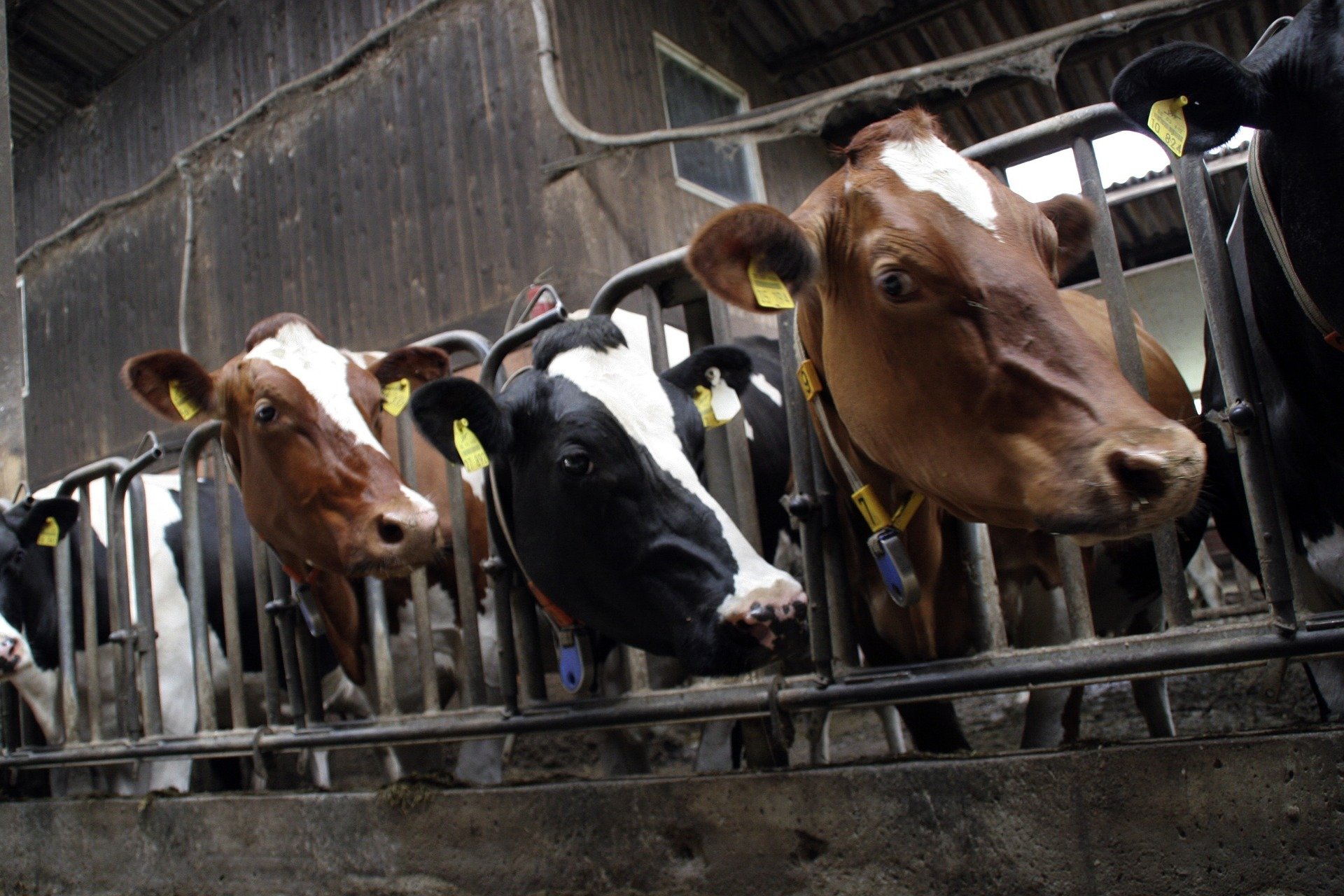Safeguard biodiversity - finance less meat and more plants.
On International Biodiversity Day, Fair Finance Netherlands is calling for Dutch banks to safeguard environmental biodiversity by supporting the transition from predominantly meat based to plant-based diets instead.
It is evident that the demand for, and overconsumption of animal protein sources is seriously impacting biodiversity, the climate, animal welfare and increasing risks for public health - as zoonoses outbreaks increase. However on the basis of research into the policies of eight Dutch banks, Fair Finance Netherlands finds that almost all Dutch banks have not yet or have barely reflected this in their investment policies and practices. Only Triodos Bank appears to have a clear strategy aimed at a transition to more plant-based foods, and has formulated clear objectives.
The report is published today, ahead of International Biodiversity Day, on May 22.
Protein transition needed for sustainable food systems
The 'Transition Agenda for Biomass and Food' of the Dutch government states that the share of animal proteins must have decreased by 2030 from 60% to 40% of the total protein consumption in order to achieve a sustainable food system. Dirk-Jan Verdonk, director of World Animal Protection on behalf of Fair Finance Netherlands says: "In addition to the energy transition, a protein transition is necessary to tackle the climate and biodiversity crisis."
Fair Finance Netherlands is calling on banks to set concrete targets for reducing meat production and consumption, and to organize their investment practices accordingly.


Billions to meat
Banks such as ING and Rabobank are still investing billions of euros in all links of the meat and dairy industry supply chain, from farmers, meat and dairy processors, and animal feed companies to fast food chains and supermarkets. These are companies that contribute to deforestation of the Amazon and large-scale animal suffering, including international corporations JBS, Tyson Foods, McDonalds and Cargill. In its polices, Rabobank explicitly expects customers to contribute to growth in meat production.
Mobilize money for plant alternatives
The market for plant-based alternatives to meat and dairy is growing rapidly and is a significant investment opportunity. Fair Finance Netherlands is calling on banks to support a system change. For example, it is often difficult for farmers to switch to vegetable farming or less intensive livestock farming, access to capital for start-up alternative companies is difficult, and the business model of supermarkets is based on low meat prices and multi-million dollar bills.
“With the money from their customers, banks support companies that are on a collision course with nature and the climate. Instead, banks must mobilize money for innovative companies in the food industry, support farmers in their transition to more crop production, and encourage large customers such as food companies and supermarkets to change their business models. This stimulation of vegetable proteins must go hand in hand with phasing out of animal protein financing."
For more information contact Dirk-Jan Verdonk, General Director World Animal Protection via pers@worldanimalprotection.nl.
At Fair Finance Netherlands you can find this campaign (in Dutch), check the scores of banks on sustainable investment policy and practice, and take action by sending a complaint or compliment to banks.
